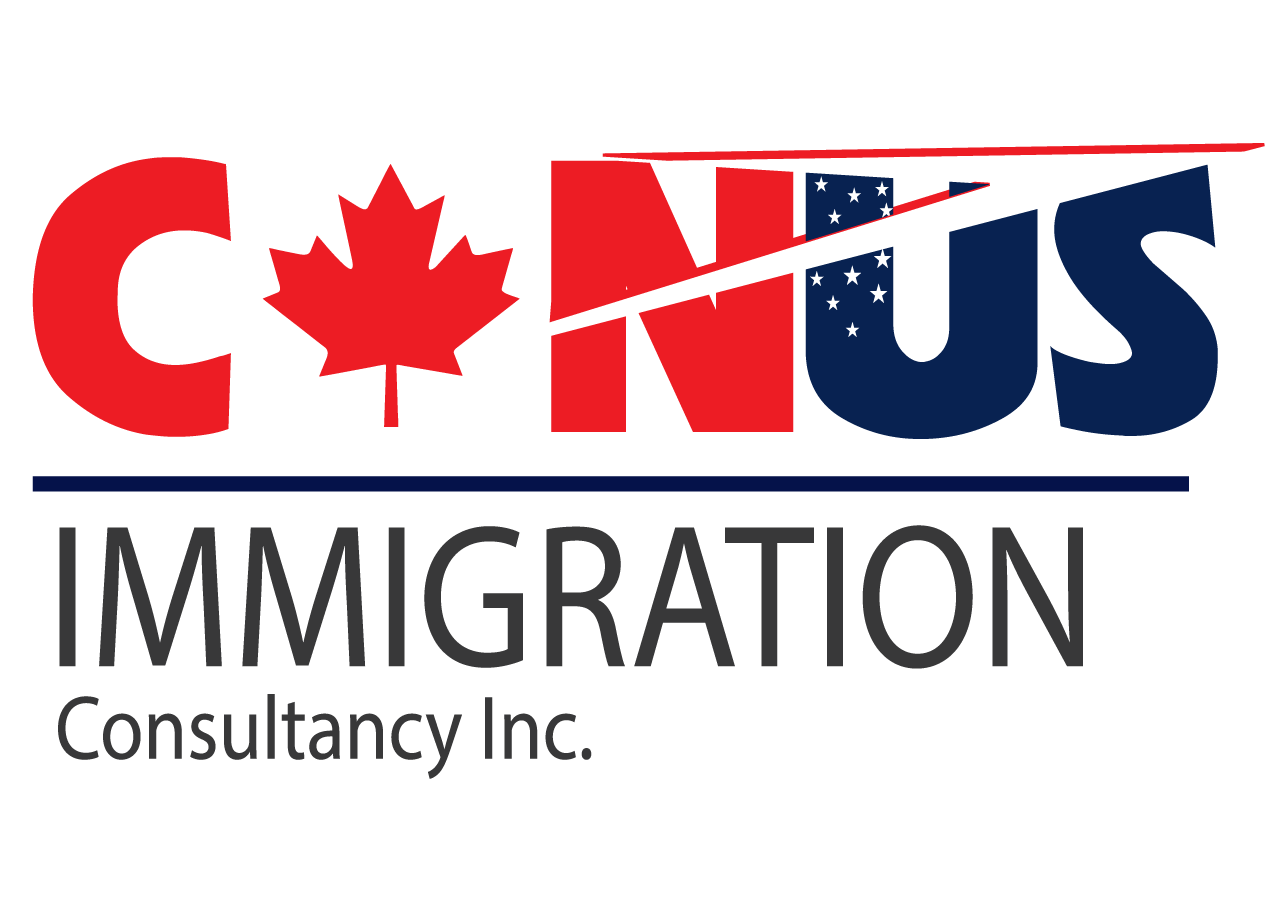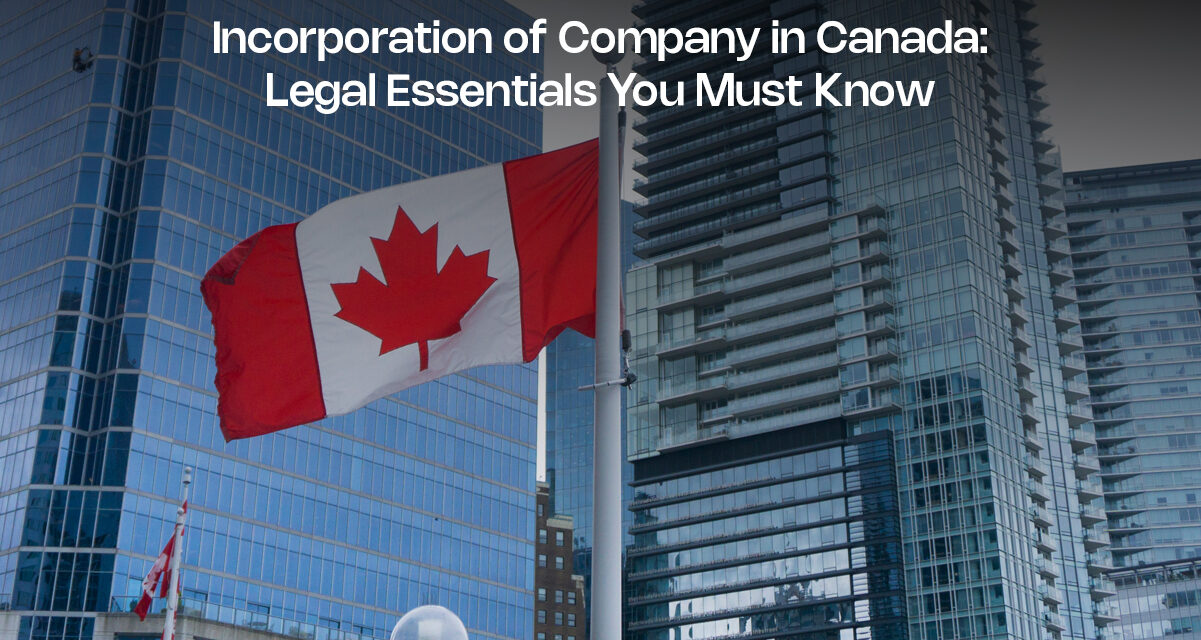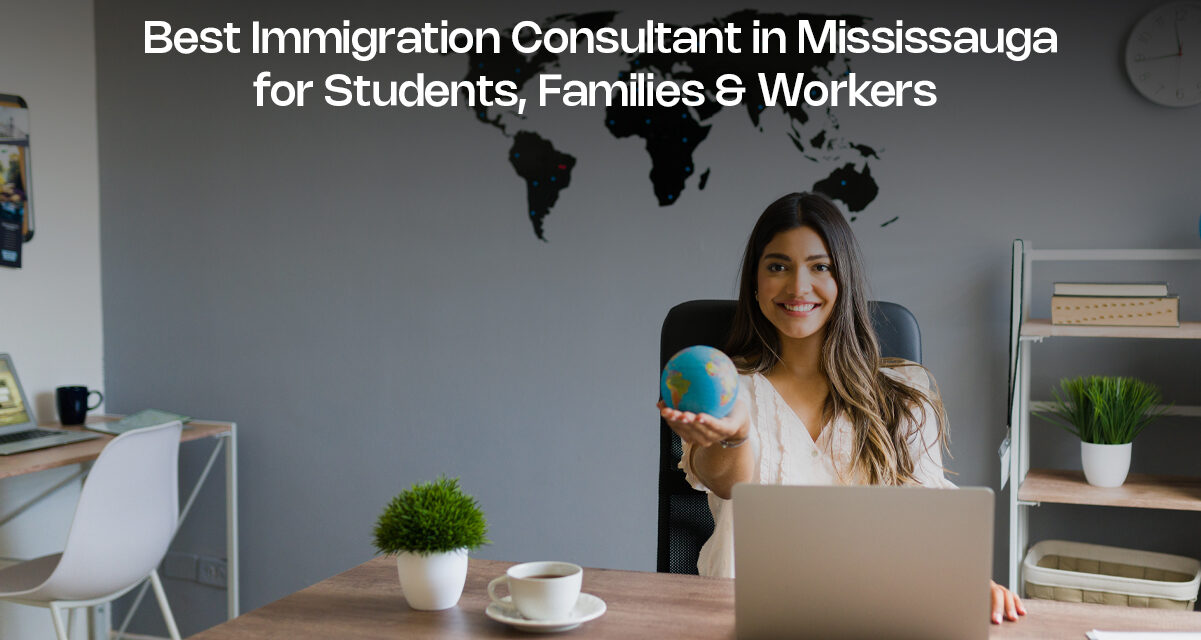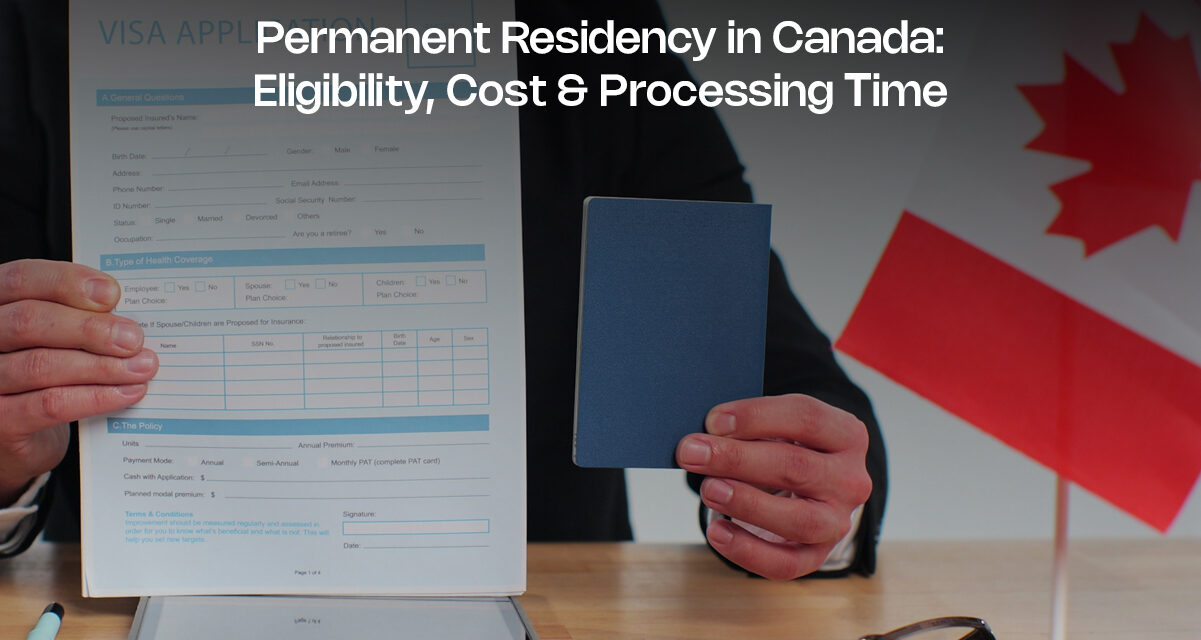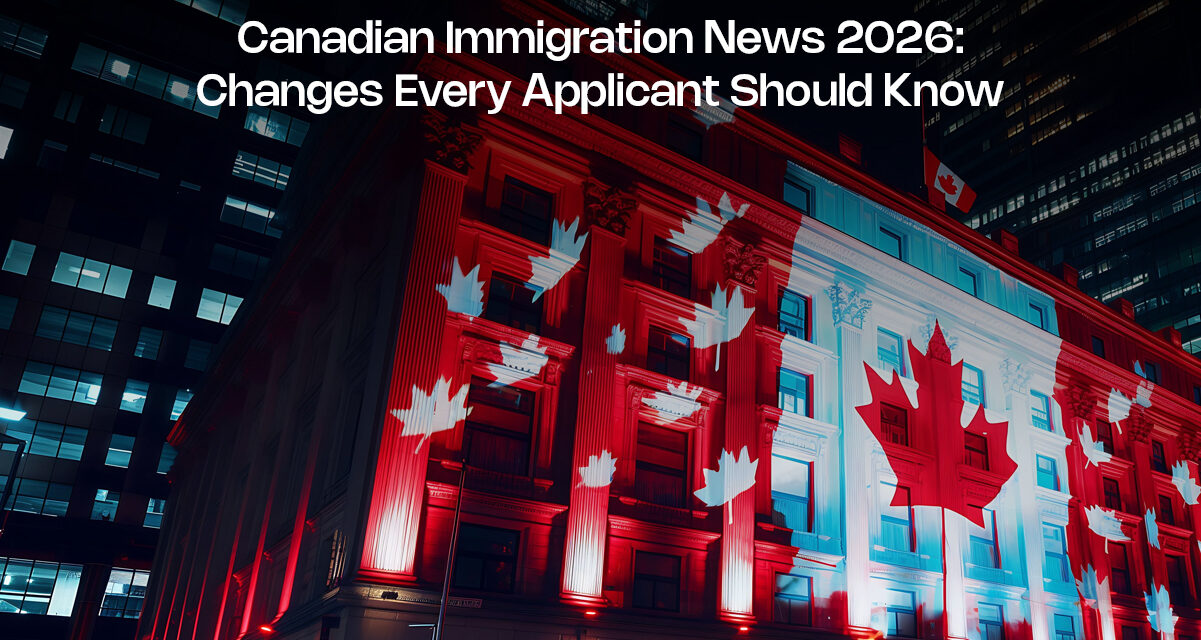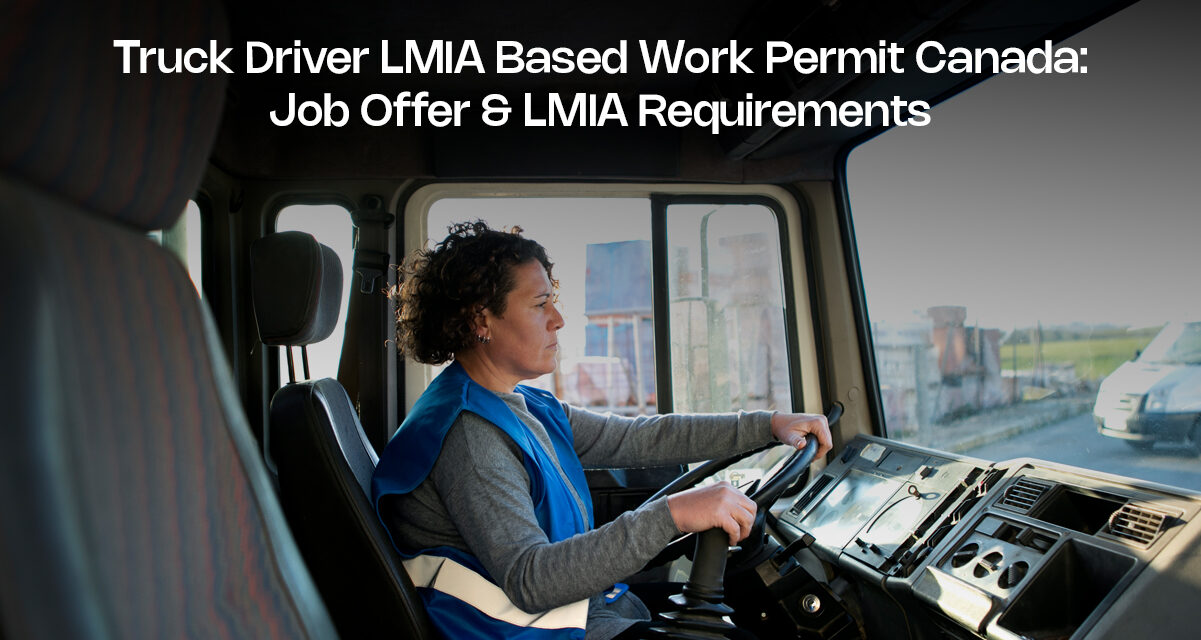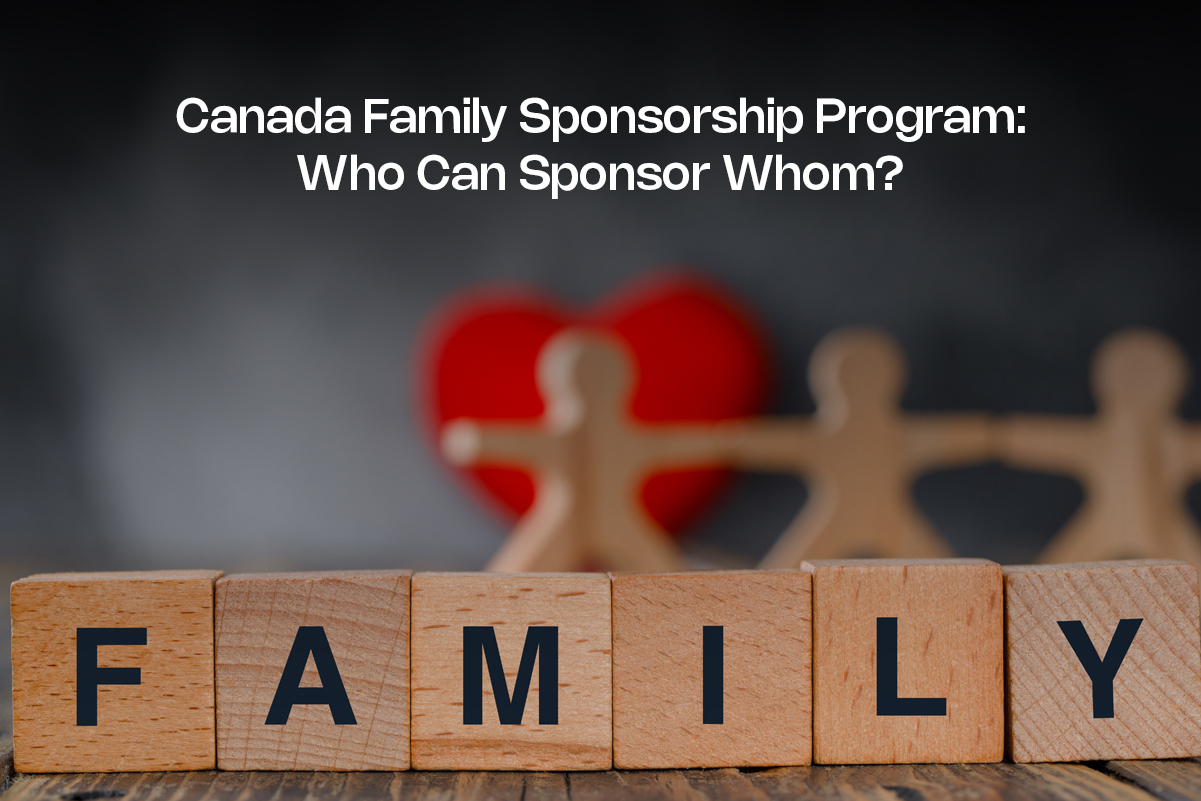Settlement Tips for Newcomers Moving to Canada
Settlement Tips for Newcomers Moving to Canada Moving to Canada opens doors to new opportunities. You might arrive with an LMIA based work permit Canada or an open work permit. Either way, your journey involves more than paperwork. The excitement of landing in a new country brings real challenges that surprise many newcomers. Smart planning...
